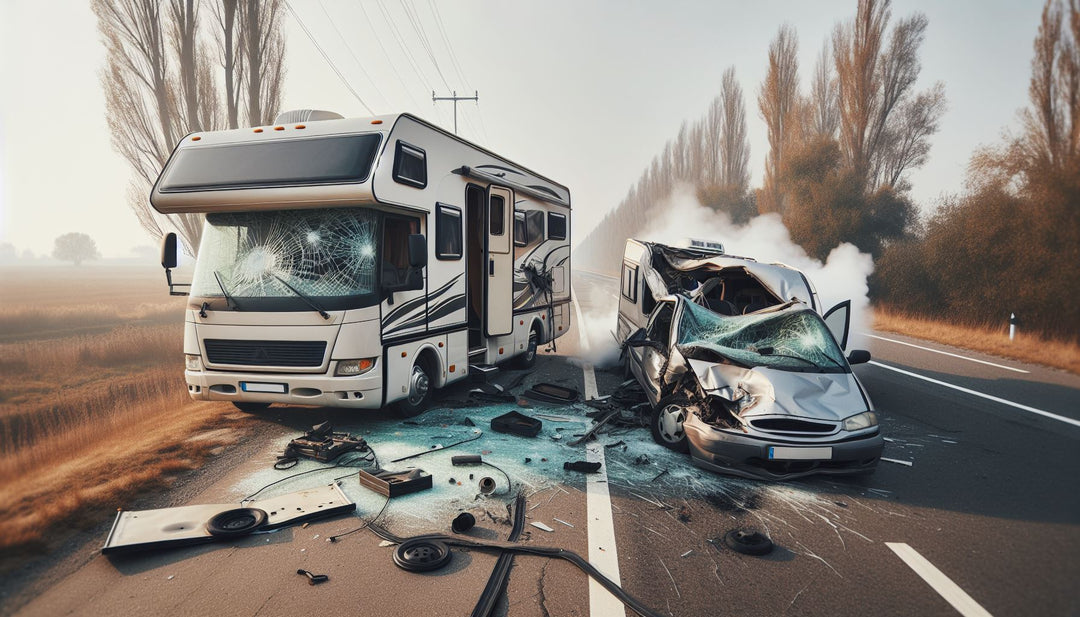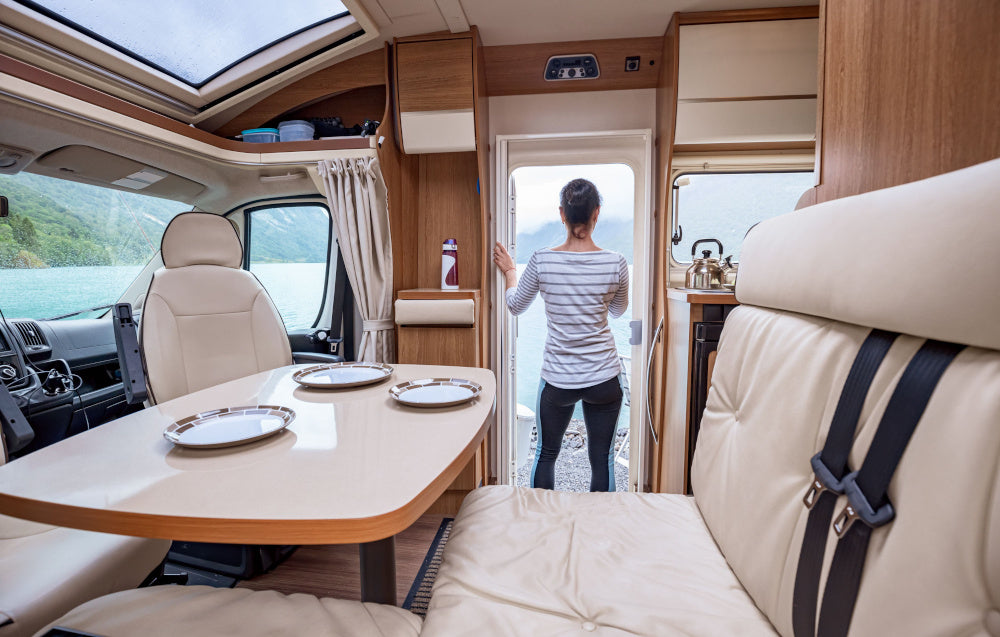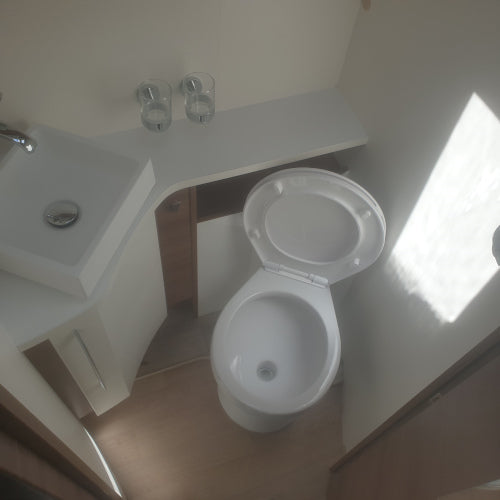Certification work
Electrical certification of Imported Motorhomes and Caravans
Caravans and Motorhomes imported from the UK and Europe are generally quite easy to convert. However, a few items need to be changed when the vehicle arrives in the country to meet NZ regulations.
We stock many European switches and sockets that meet NZ specs.
All work should be done by an approved practitioner with knowledge of 230 AC in vehicles.
Vehicles imported from the USA will need complete rewiring as the existing cabling is only suitable for 110 volts. The cables cannot be reused as they are not rated to our higher 240-volt systems, and they don't meet some of our other regulations either.
Some of the existing appliances will be designed for use on 110 volts. Our staff have converted a huge number of US vehicles in the last decade and know exactly which appliances can be adapted and what needs to be done to get certification.

Gas certification of Motorhomes and Caravans - (New imports)
The gas safety certificate is issued after any work is done on a vehicle's existing gas system, for example, after changing an appliance, assuming that the vehicle has an existing and current Gas Certificate.
If the vehicle does not have a current Gas Certificate, we will issue a Full gas certificate instead of a gas safety certificate.
To obtain a Full Gas Certificate, existing appliances or any parts of the gas system that do not meet the current gas regulations will need to be upgraded to the latest specifications.
- All appliances must have flame failure protection
- All appliances must be correctly installed according to regulations
- All gas pipes must be in solid copper sheathed pipe
- Gas bottles must be stored correctly in a locker sealed from the inside of the vehicle
- The gas regulator must have a pressure test point
- Vehicles must have a gas detector
- Vehicles must have a CO detector

Self Containment Certification
The authorities are currently revising the regulations, and most of us are unsure exactly what the new regulations will look like; we are fairly sure you will need a fixed toilet and although the guidelines for the venting cassette toilets are still under discussion, a vented toilet cassette installation may be require
Vantage RV fits and alters tanks and plumbing for any RV, caravan, motor home, or house bus.
We have been doing this for more than a decade and can find a solution to almost any problem.
If you require an inspection renewal whilst other work is being done, we can sort that out for you; if you have done the work yourself, we cannot certify the van
The following organisations provide good information.



